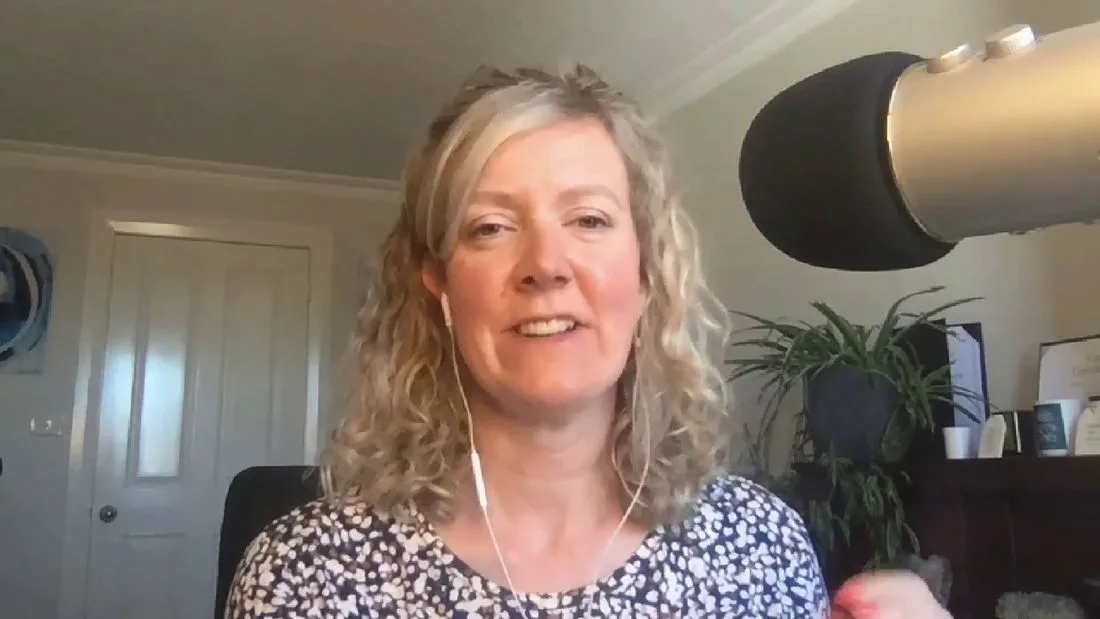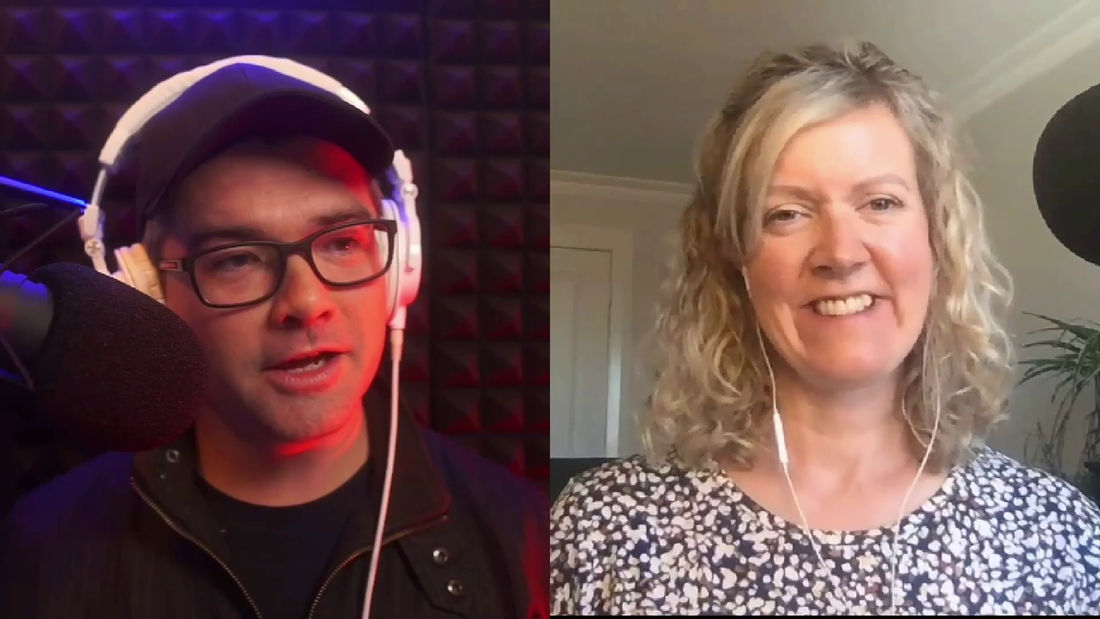Talking HealthTech: 370 – Why quitting isn’t the answer to burnout recovery in healthcare. Dr Jo Braid, The Burnout Recover Dr

Source: talkinghealthtech.com

Provided by:
Talking HealthTech
Published on:
25 August 2023
In this episode of Talking HealthTech, host Peter Birch sits down with guest Jo Braid, coach and expert in clinician burnout and career transitions.
Jo shares valuable insights into the challenges healthcare professionals face with burnout and offers practical strategies for overcoming this prevalent issue.
Join us as we delve into the discussion and explore how clinicians can find fulfilment and balance in their careers.
The Impact of Burnout in Healthcare
Burnout has become a commonly used term, particularly in caregiving roles such as healthcare. It is characterised by emotional exhaustion, cynicism about work, and decreased productivity. However, burnout can also manifest as cognitive dysfunction and social withdrawal. Contributing factors include excessive workload, lack of autonomy, perfectionism, people-pleasing tendencies, insufficient sleep, and high levels of caregiving responsibilities.
The statistics are alarming too – at least 63% of physicians have experienced burnout in recent years. It’s important to acknowledge the extent of this issue and ensure that healthcare professionals are equipped with the tools to effectively combat burnout and its associated pitfalls.
Understanding the Nature of Burnout
Many healthcare professionals are driven by a patient-oriented focus and seek to deliver the highest standards of care. They often derive validation from external sources, leading to a continuous quest for approval. It is important to recognise internal worth and find fulfilment beyond work.

Burnout can occur at various stages of a clinician’s career, from medical school to established specialists. Even successful clinicians who have run their own clinics for years can experience burnout and a loss of passion. Identifying the signs of burnout and addressing them promptly is crucial for overall well-being.
Jo Braid’s Personal Journey
Jo shares her personal experience with burnout, having run a private practice for four years that left her feeling exhausted and unproductive. It was during a reflective period when Jo underwent coaching that she made the decision to transition her career path.
After closing her private practice, Jo pursued a coaching business aimed at helping clinicians overcome burnout and find fulfilment. She has developed effective tools that facilitate burnout recovery in just four weeks, providing relief to their clients.

The Best Time to Seek Help
The best time to seek help is when individuals recognise within themselves the need for change. Being ready to embrace a different approach and having a growth mindset are crucial factors for successful transformation.
As a coach, Jo provides a safe and supportive environment for clients to explore their challenges. By acting as a sounding board, they help clients uncover answers from within themselves, offering guidance along the way. Seeking help from a coach is a powerful step towards combating burnout and achieving professional fulfilment.
Generational Differences in Work Ethic
There are generational shifts in work ethic, if you compare past emphasis on going above and beyond to the emerging trends today that prioritise self-care and work-life balance. Some may view these changes as laziness, but it is essential to recognize the importance of well-being for sustainable long-term success.
One can reflect on how different generations may perceive work ethic in the healthcare field. By fostering open dialogue and understanding, we can bridge the gap and create supportive environments that cater to the needs of both experienced professionals and younger generations.

The Impact of Empathy on Healthcare
Jo stresses the impact of empathy on healthcare outcomes. When healthcare professionals lack empathy, patients can sense a lack of care, resulting in a strained doctor-patient relationship. This detachment may hinder patients’ willingness to follow medical advice and ultimately affect their outcomes.
The consequences of burnout in healthcare are far-reaching, including reduced productivity, attrition, and professionals quitting their jobs. It can be useful to implement strategies to combat burnout while also considering modified roles within the healthcare system to prevent individuals from leaving altogether.
By addressing the impact of burnout in healthcare, the best time to seek help, generational differences in work ethic, and the importance of empathy, this conversation provides valuable guidance for healthcare professionals looking to find balance, fulfilment, and success in their careers.